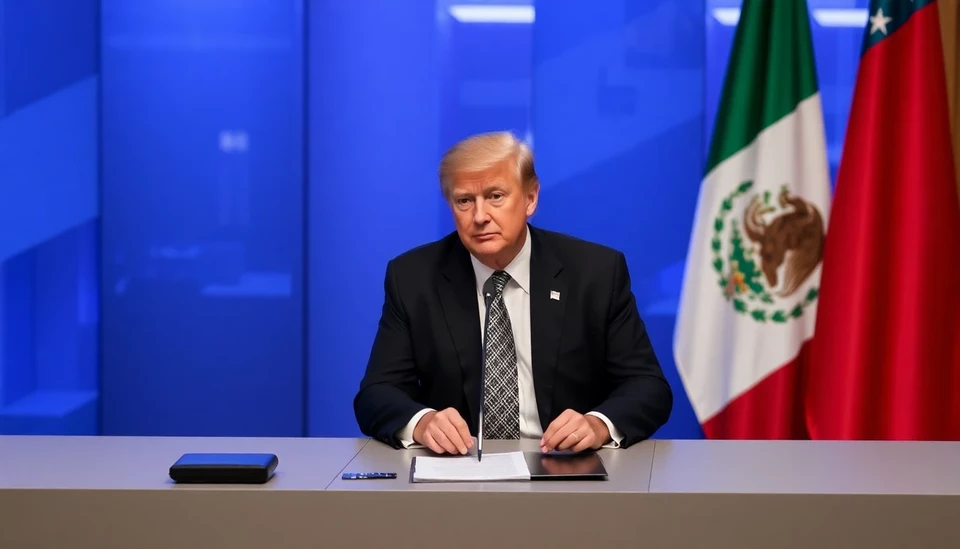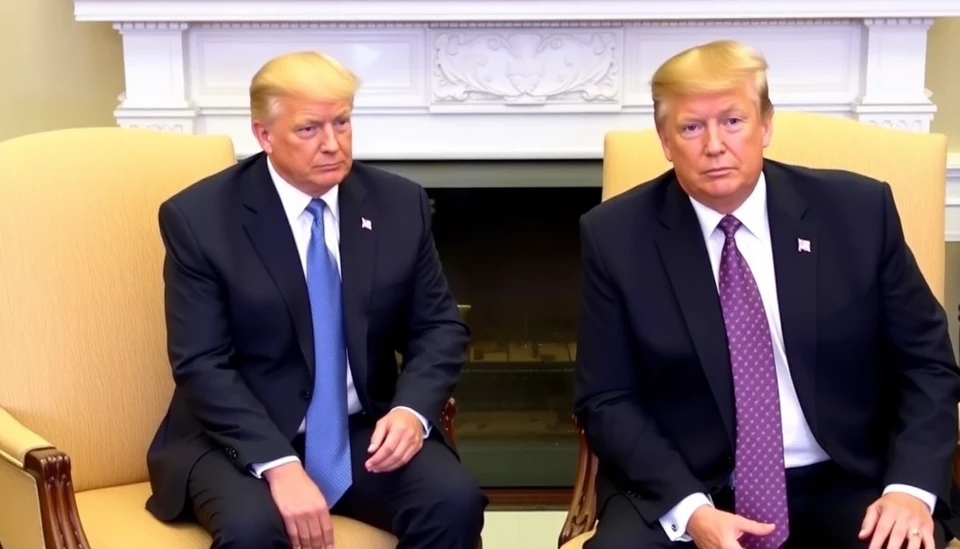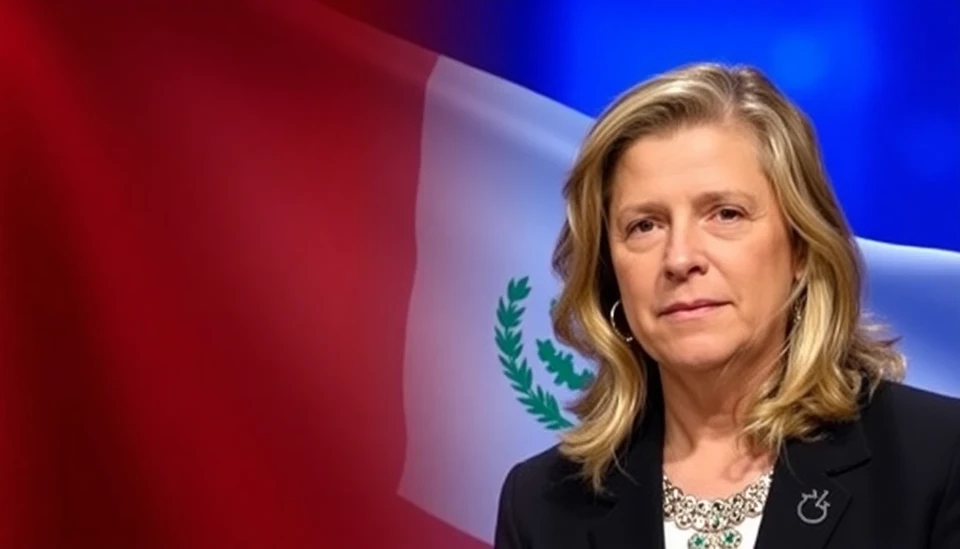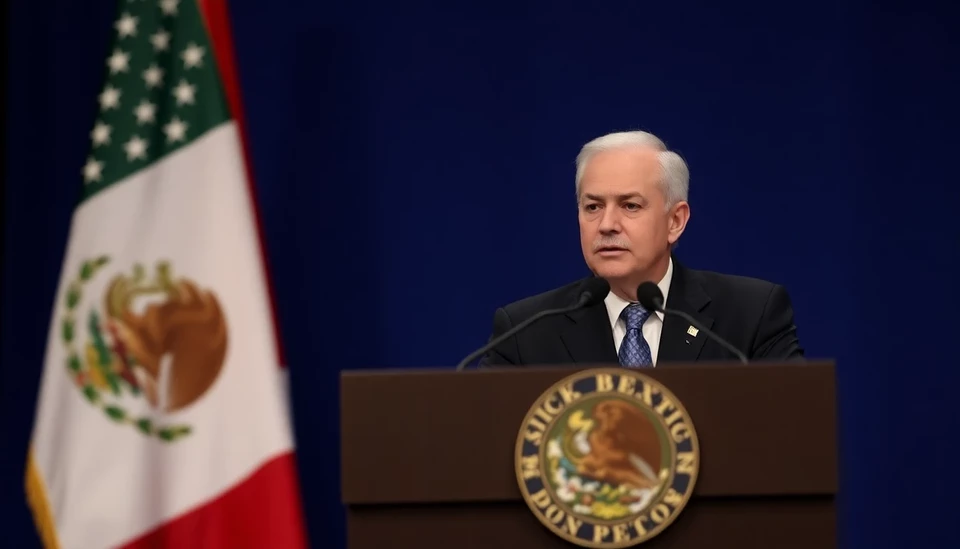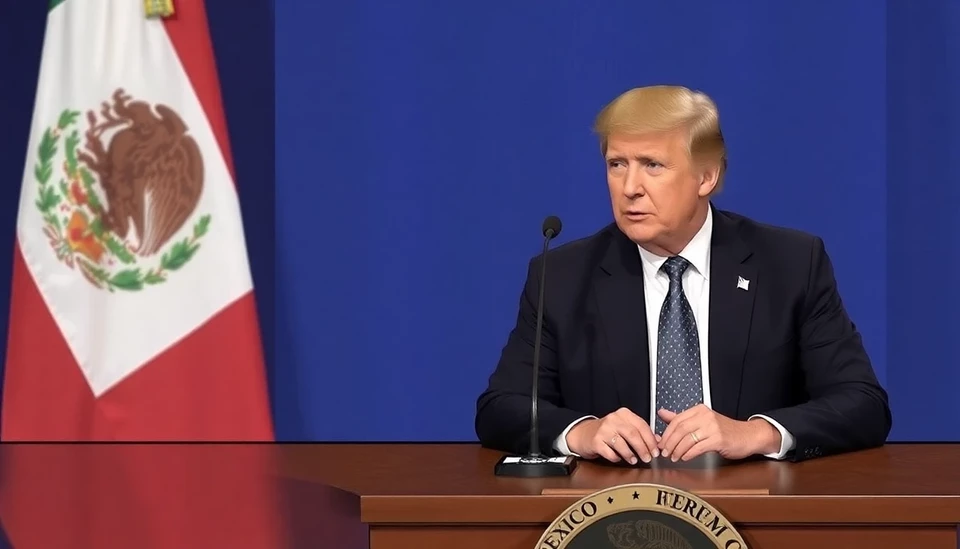
As tensions rise over issues concerning migration and the ongoing fentanyl crisis, Mexico's newly elected President, Claudia Sheinbaum, is faced with a formidable challenge. Sheinbaum, representing the progressive National Regeneration Movement (Morena), takes office with significant expectations, particularly regarding her dealings with the United States and its former president, Donald Trump.
In recent months, Trump's administration has escalated calls for Mexico to step up its efforts in curbing the flow of fentanyl across the border, a synthetic opioid linked to countless overdoses in the U.S. This demand has put pressure on Sheinbaum to formulate a plan that not only tackles the issue of drug trafficking but also addresses the migration crisis that has seen an influx of people seeking asylum and better opportunities in the United States.
Sheinbaum's responses to these issues could very well shape her presidency during a critical period. With Trump showcasing a keen interest in returning to the political forefront, his influence looms large over Mexico-U.S. relations, sparking debate on whether the bilateral partnership can remain constructive amid this growing pressure.
Recent statements from Trump have emphasized stricter measures aimed at combating the fentanyl epidemic, which he attributes to a lack of action from Mexican authorities. This narrative poses a challenge for Sheinbaum, who must balance addressing U.S. requests while also considering the political sentiment within her country, where migration and drug use are sensitive topics.
Campaigning on a platform of social and economic reform, Sheinbaum aims to empower local communities grappling with violence and drug-related activities. However, how she navigates the demands from the U.S. — particularly as they relate to border security and combating drug cartels — remains uncertain. Sheinbaum's supporters advocate for a humane approach towards migration while stressing the importance of economic stability as a long-term solution for the region's issues.
The backdrop of these developments is a complex interplay of domestic issues within Mexico, such as economic challenges and security concerns exacerbated by drug-related violence. With families crossing borders in search of safety and opportunities, Sheinbaum may find herself needing to formulate a response that resonates with both Mexican citizens and U.S. authorities.
Moreover, Sheinbaum's administration must contend with the rise of populist sentiments, echoing Trump’s own rhetoric around immigration policy. As public opinion in the U.S. grows increasingly polarized on immigration issues, Sheinbaum’s strategic approach could determine how relations evolve between the two nations.
As she prepares to meet various challenges head-on, the world is watching closely. The effectiveness of Sheinbaum’s strategies will play a crucial role not only in impacting bilateral relations but also in shaping her legacy as Mexico’s first female president. The coming months may prove critical, as the ramifications of her policies unfold against the backdrop of global scrutiny and domestic pressure.
In summary, the interaction between Sheinbaum and Trump represents a significant crossroads for the two countries. With pressing issues such as migration and the fentanyl epidemic requiring cooperative solutions, the future of Mexico-U.S. relations hangs in the balance as both leaders work to navigate their respective political landscapes.
#ClaudiaSheinbaum #DonaldTrump #MexicoUSA #MigrationCrisis #FentanylEpidemic #InternationalRelations #DrugTrafficking
Author: Daniel Foster
